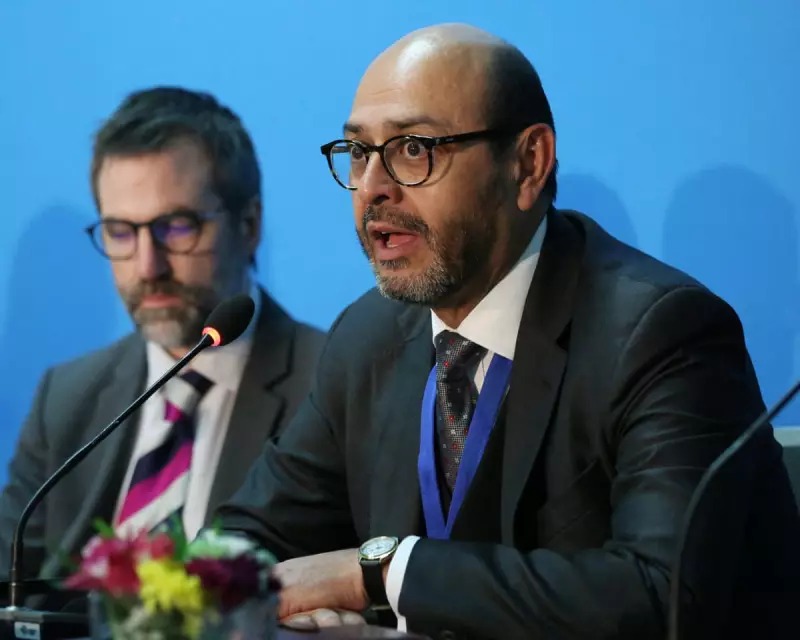
The United Nations' ambitious plan to create a global treaty tackling the plastic pollution crisis has been thrown into disarray following the sudden resignation of its chief negotiator. Luis Vayas Valdivieso, the Ecuadorian diplomat who had been steering the complex international talks, announced he would step down from his role as chair.
Negotiations Descend into Chaos
The resignation comes after what insiders describe as "complete turmoil" during recent negotiations in Ottawa. Diplomatic sources reveal that the talks became increasingly fractious, with major disagreements between nations threatening to derail the entire process.
Key sticking points that have plagued the negotiations include:
- Fundamental disagreements over limiting plastic production
- Conflicts between plastic-producing nations and environmental advocates
- Disputes over financial mechanisms to support developing countries
- Lack of consensus on binding targets versus voluntary measures
What This Means for Global Plastic Pollution
The treaty, which was supposed to be finalized by the end of 2024, represents the most significant international effort to address the plastic waste crisis. With millions of tonnes of plastic entering oceans and ecosystems annually, environmental groups had pinned their hopes on a strong, legally binding agreement.
"This development raises serious questions about whether world leaders can deliver meaningful action on one of our most pressing environmental challenges," commented one senior environmental policy expert who wished to remain anonymous.
The Road Ahead Looks Uncertain
With Valdivieso's departure and the negotiating process in disarray, the future of the plastics treaty appears increasingly uncertain. The resignation creates a leadership vacuum at a critical juncture, potentially delaying any meaningful agreement for years.
The situation has left environmental campaigners and concerned nations questioning whether the international community can overcome corporate interests and political differences to address the escalating plastic pollution emergency that affects every corner of our planet.





